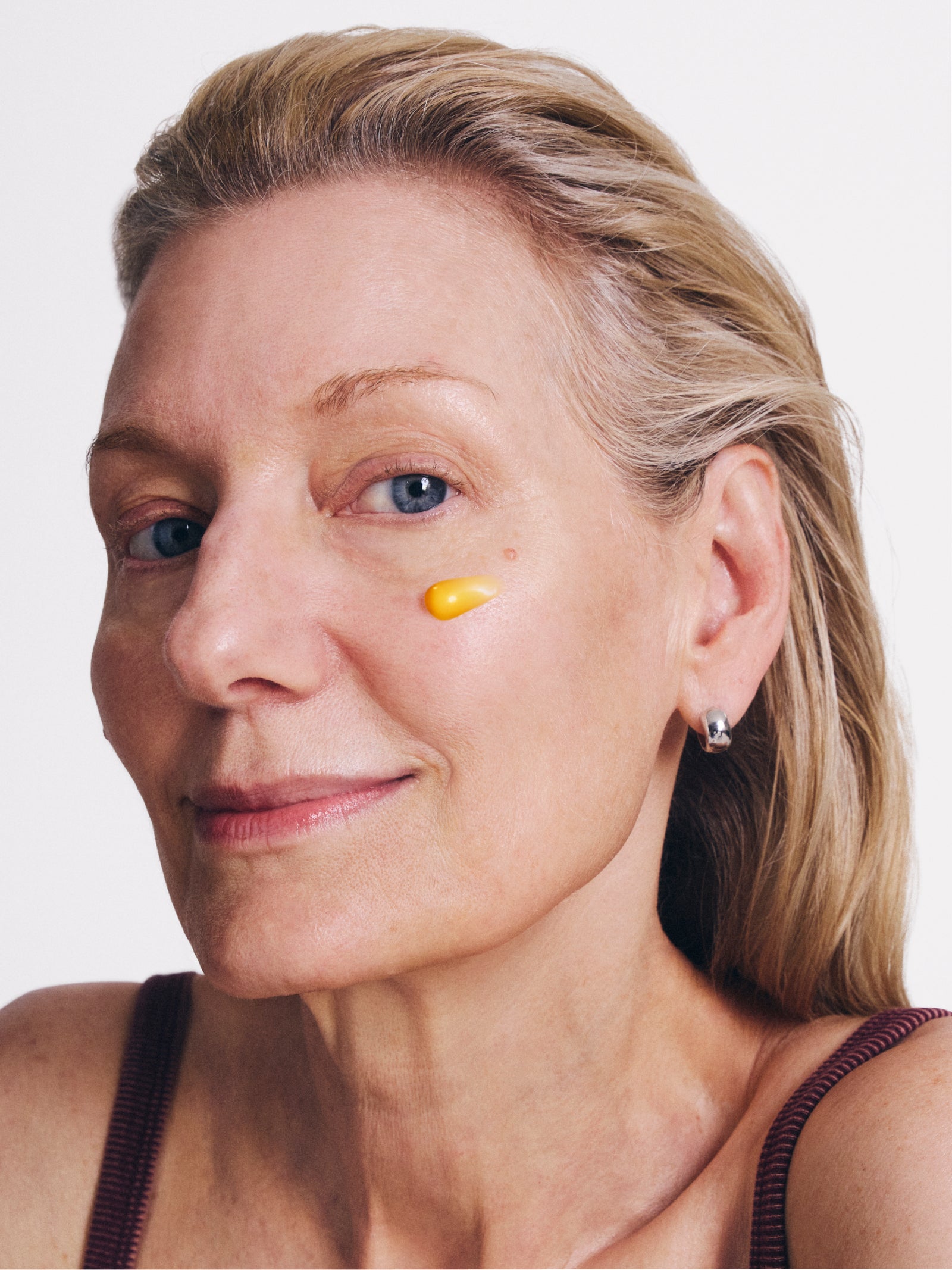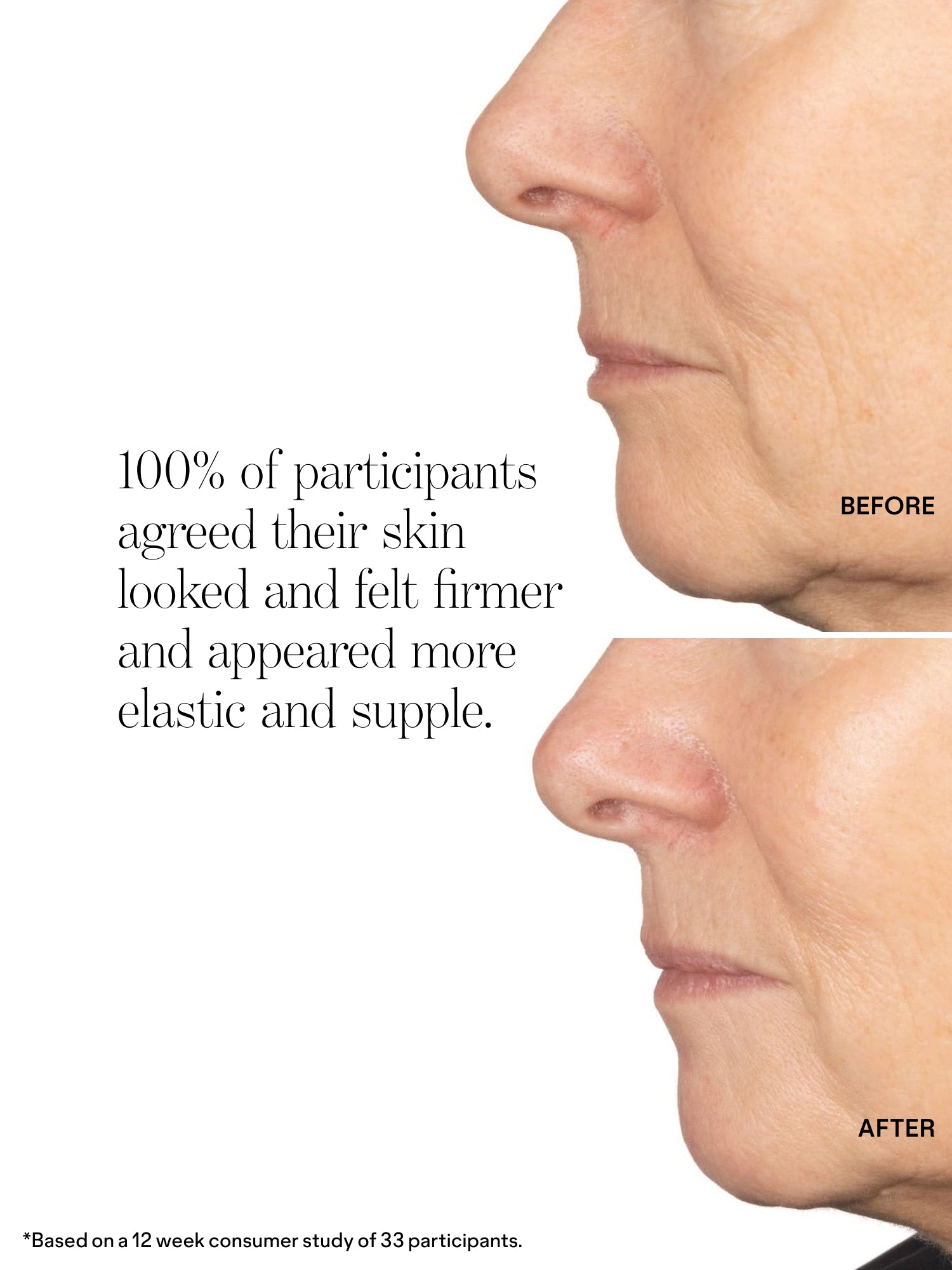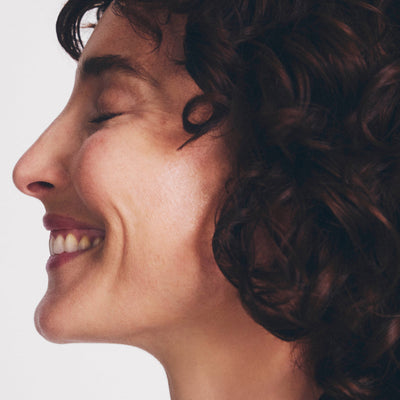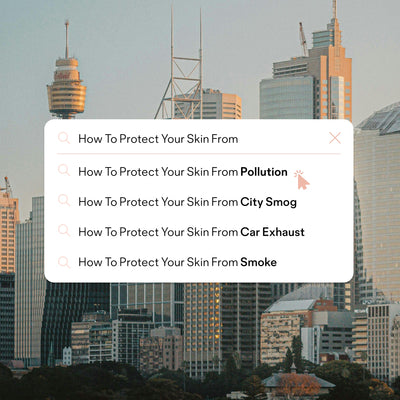The summer holidays are quickly approaching—and while that means plenty of exciting things (Christmas movies, mango season, and PTO)—it can also be a difficult time for many of us. It’s extremely common for the festive season to stir up feelings of stress, loneliness, and anxiety.
We decided to talk to headspace, our 2025 holiday charity partner and Australia’s National Youth Mental Health Foundation, who have a proven track record for providing more than 100,000 young Australians each year with mental health support. We asked their team of experienced clinicians the simple self-care habits you can start right now (or at least, the second you finish reading this) to take care of yourself this silly season.
What are three small, evidence-backed self-care practices people can start today?
headspace: There are many things that we can do to practise self-care, but what works for one person may not work for others. It’s important to choose something that feels valuable, accessible, and realistic for you given your circumstances.
For instance, although moving your body is a great evidence-based way to support your wellbeing, there is no point committing to going to the gym today, if it’s not something you care about, you can’t afford the membership, or you know that a gym environment is not right for you. So, when you are thinking about how you might adopt some of the three self-care practices below, it’s important to make them work for you.
#1 Get into life: Doing things we enjoy on a regular basis can help to boost our mood, motivation, and our sense of achievement. Choose one activity you enjoy and make time to do more of it today—even if only for a few minutes.
#2 Connect with others: Creating and maintaining supportive, trusting relationships can reduce stress, and give us a sense of meaning and belonging. Message or chat with somebody in your life, sign up to a social event to meet new people, or have a conversation with a colleague or a neighbour. Connecting with cats, dogs, or other furry friends can also be a great way to reduce feelings of loneliness and boost your sense of connection.
#3 Get good sleep: Getting enough good quality sleep can improve our concentration, boost our mood, and give us more energy. Aim to get 7–9 hours of good quality sleep tonight by setting a reminder to go to bed early, reducing screen time before bed, and cutting back on alcohol or other drugs (including things like caffeine or nicotine).
The end of the year can be such an overwhelming time—we’re often away from home and our daily routines—what are some small steps we can take to support our wellbeing at this time?
headspace: The holidays can be a great time to connect with family and friends, do things we enjoy, and break away from the usual pressures of everyday life. However, being out of our usual routines, having less access to our usual supports, and facing extra financial or social stress can reduce our wellbeing.
Some small steps that we can take to support our wellbeing during this time are reflecting on the challenges we might face, choosing one or two strategies that we can use to cope with these challenges ahead of time, and doing our best to follow through with our commitments.
For example, if you will be spending more time with others over the holidays and you know you will find this challenging, it can help to plan for time out. Or if you know that the holidays tend to bring up tough emotions for you, you can schedule time with friends or plan to do things that bring you some comfort—like having a warm bath, listening to music, or watching your favourite movies.
The holidays challenge us to balance doing what we know works for us with accepting a level of flexibility and change. We can’t always predict or control what we will need ahead of time, but doing our best to create a little routine amongst uncertainty can help.
How do you recommend people make space for self-care when they feel like they have zero time?
headspace: Work pressure, caring responsibilities, life admin, and navigating stressful situations can all place demands on our time, and this can have flow on effects for our capacity to practice self-care.
In this context, it can help to be compassionate towards yourself and to recognise that you are not to blame for these pressures. Although there are limits to how much you can control the demands on your time, there are some things you can do to respond to them.
Such as: Setting limits on how many new tasks you take on at work, creating and maintaining supportive boundaries with friends and family, and asking for support to navigate tough times.
Remember, there are limits to how much we can take on at any one time and sometimes one of the best things we can do for ourselves when we are under a lot of time pressure is to let go of self-judgement, accept our limitations, and do what we can to take small steps to support our wellbeing,
Often, it can feel like all or nothing when it comes to our health. How can taking small steps make a difference to our wellbeing?
headspace: Whether it’s from social media, news, advertising, or ideas from family and friends, we often get the message that we need to do everything perfectly.
When this happens, we can feel overwhelmed or start comparing ourselves to others in ways that reduce our confidence and our motivation to try new things. Add to that, conflicting messages about wellbeing and the idea that we should be able to cope with whatever life throws our way, and it starts to make sense why we might feel pressure to go all out on the one hand, while also feeling unable to meet these unrealistic expectations on the other.
This is why stepping back from the noise, setting realistic expectations, and taking small steps can help. Not only does this take some of the pressure off us, it can also give us the chance to re-build our confidence and this can give us the motivation we need to keep up new wellbeing practices.
Wanna learn more? The headspace website has a heap of resources to support you this festive season (and beyond).
We don’t have to work on change alone. If you or someone you know needs support, here are some places that can help:
headspace–for young people 12–25 and families
Lifeline–13 11 14, 24/7 support for anyone in distress
Beyond Blue—1300 22 4636, support for adults














Comments